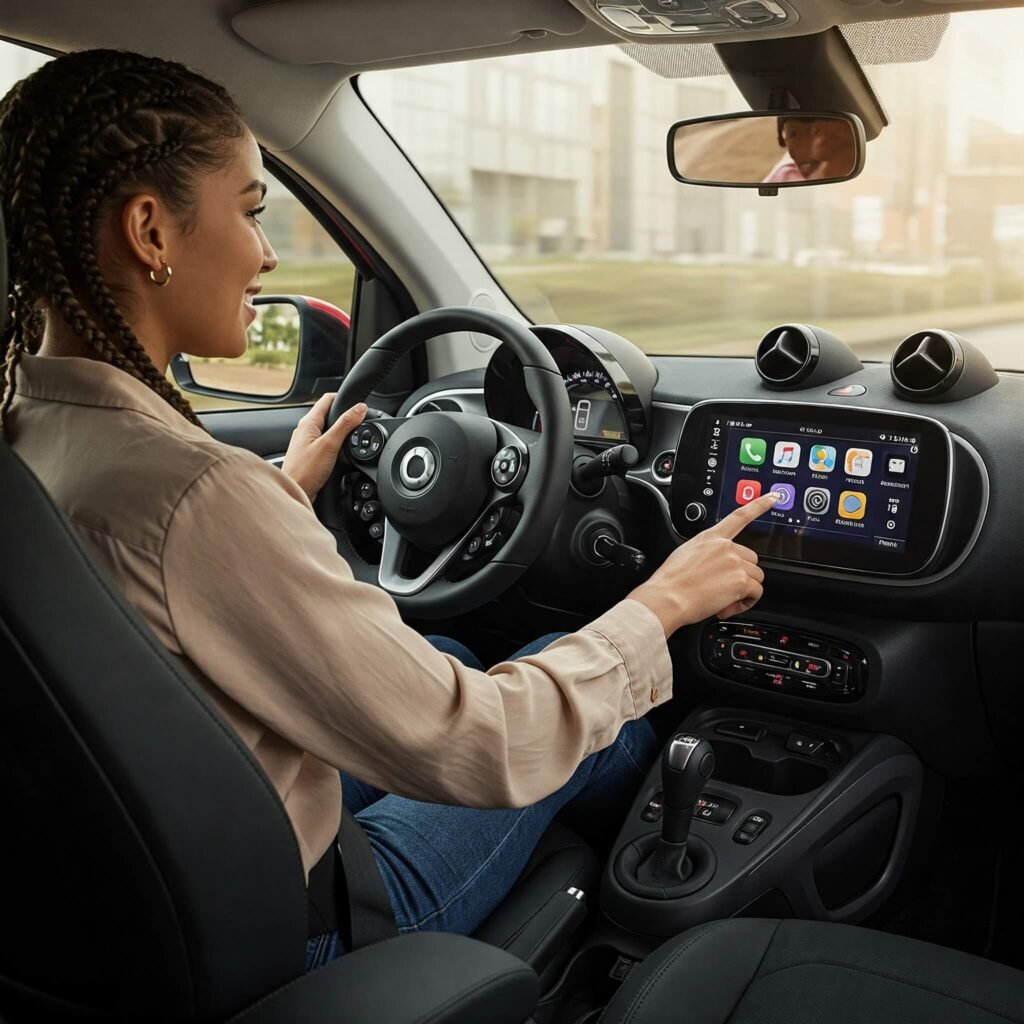Smart cars are revolutionizing how we drive, but the ethics of data collection in smart cars raises critical questions about privacy versus convenience. These vehicles collect vast amounts of data—location, driving habits, even voice commands—to enhance safety and user experience. But at what cost? This article dives into the ethical dilemmas, real-world implications, and actionable steps to protect your privacy while enjoying smart car benefits.
Why the Ethics of Data Collection in Smart Cars Matters
Smart cars rely on sensors, cameras, and connectivity to offer features like navigation, autonomous driving, and personalized settings. However, this data collection often happens without clear user consent or understanding. A Pew Research study found that 59% of Americans worry about how their data is used by companies. Understanding the ethics of data collection in smart cars is key to making informed choices.
How Smart Cars Collect Data
The ethics of data collection in smart cars starts with understanding what’s being collected. Smart cars generate data through:
- Location Tracking: GPS systems monitor your routes and destinations.
- Driving Behavior: Sensors record speed, braking, and acceleration patterns.
- In-Car Interactions: Voice assistants and infotainment systems capture audio and preferences.
- Example: Tesla’s vehicles collect telemetry data to improve autonomous driving, but this can include detailed driver profiles.

Privacy Concerns in the Ethics of Data Collection
The ethics of data collection in smart cars hinges on privacy risks. Here’s why consumers are concerned:
Data Sharing and Third Parties
Carmakers often share data with insurers, advertisers, or app developers, sometimes without explicit consent.
Hacking Vulnerabilities
Connected cars are targets for cyberattacks. A Consumer Reports study highlighted risks of hackers accessing car data remotely.
Lack of Transparency
Many users don’t know what data is collected or how it’s used, raising ethical red flags.
- Actionable Tip: Read your car’s privacy policy or check EFF for guides on data protection.
Convenience Benefits of Data Collection
Despite privacy concerns, the ethics of data collection in smart cars also involves weighing the benefits:
- Enhanced Safety: Data-driven features like collision detection save lives.
- Personalized Experience: Data tailors navigation, music, and climate settings to your preferences.
- Example: GM’s OnStar system uses data to provide emergency services, like automatic crash response.

Ethical Dilemmas in Data Collection
The ethics of data collection in smart cars lies in balancing privacy and convenience. Key dilemmas include:
- Consent: Are users fully informed about data usage, or is consent buried in fine print?
- Data Ownership: Who owns the data—drivers or carmakers?
- Surveillance: Could data be used to monitor or profile drivers unfairly?
5 Steps to Protect Your Privacy in Smart Cars
Navigating the ethics of data collection in smart cars requires proactive steps. Here’s how to stay safe:
- Review Privacy Settings: Disable unnecessary data-sharing features in your car’s system.
- Limit Connected Apps: Avoid linking third-party apps that may access car data.
- Understand Policies: Read the manufacturer’s privacy policy before buying.
- Use Secure Networks: Avoid public Wi-Fi for car connectivity to reduce hacking risks.
- Advocate for Change: Support regulations for transparent data practices, like those proposed by FTC.

Future of Ethical Data Collection in Smart Cars
The ethics of data collection in smart car is evolving. Emerging trends include:
- Stronger Regulations: Laws like GDPR in Europe are setting stricter data standards.
- Anonymized Data: Carmakers are exploring ways to use data without identifying individuals.
- Consumer Awareness: Growing public demand for transparency is pushing ethical practices.
Conclusion: Striking a Balance in Smart Car Ethics
The ethics of data collection in smart car is a complex issue, but understanding the trade-offs empowers you to make informed decisions. By prioritizing privacy, reviewing settings, and staying informed, you can enjoy the convenience of smart cars without compromising your data. Curious about your car’s data practices? Start by checking its privacy policy or exploring resources like Privacy International.





























